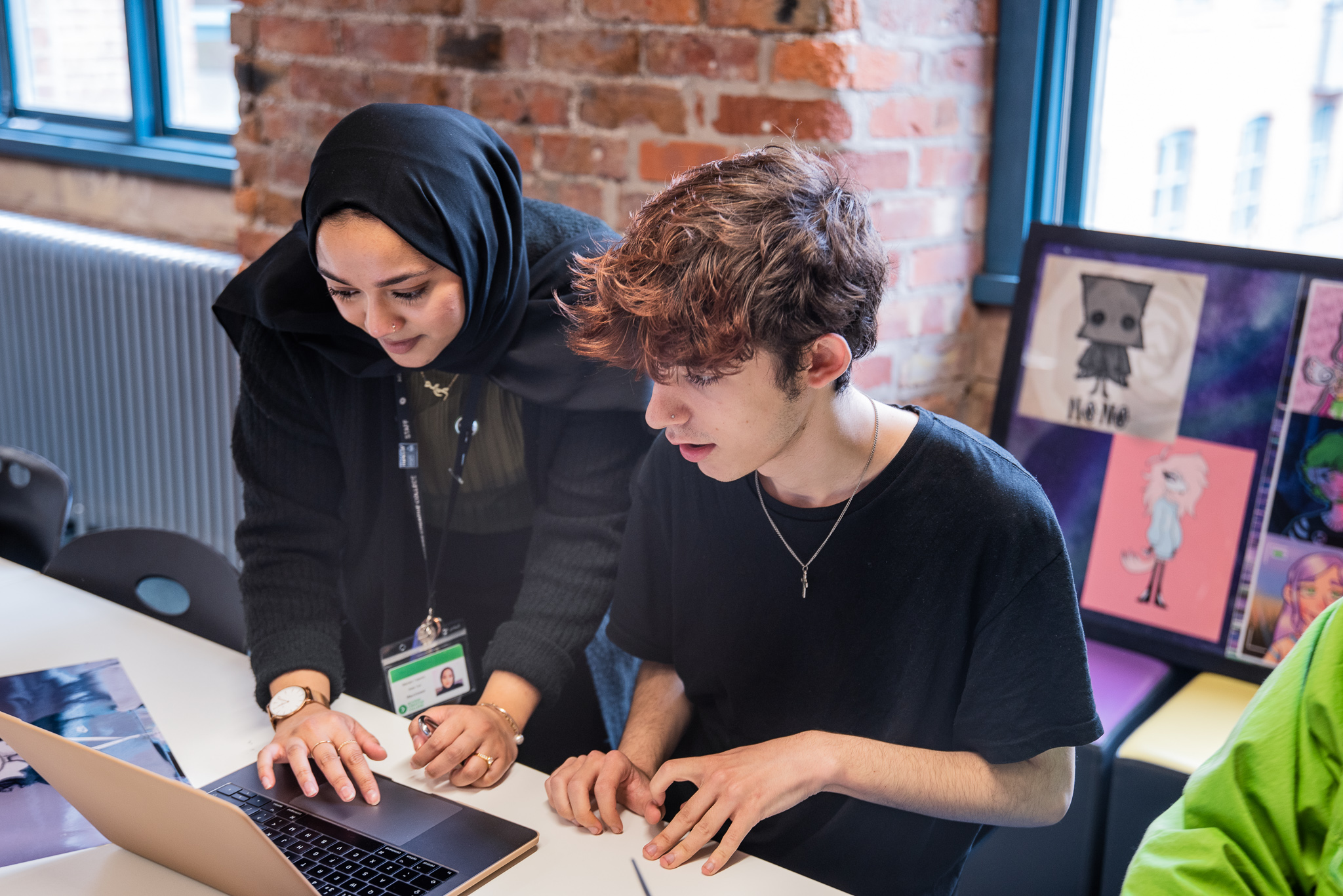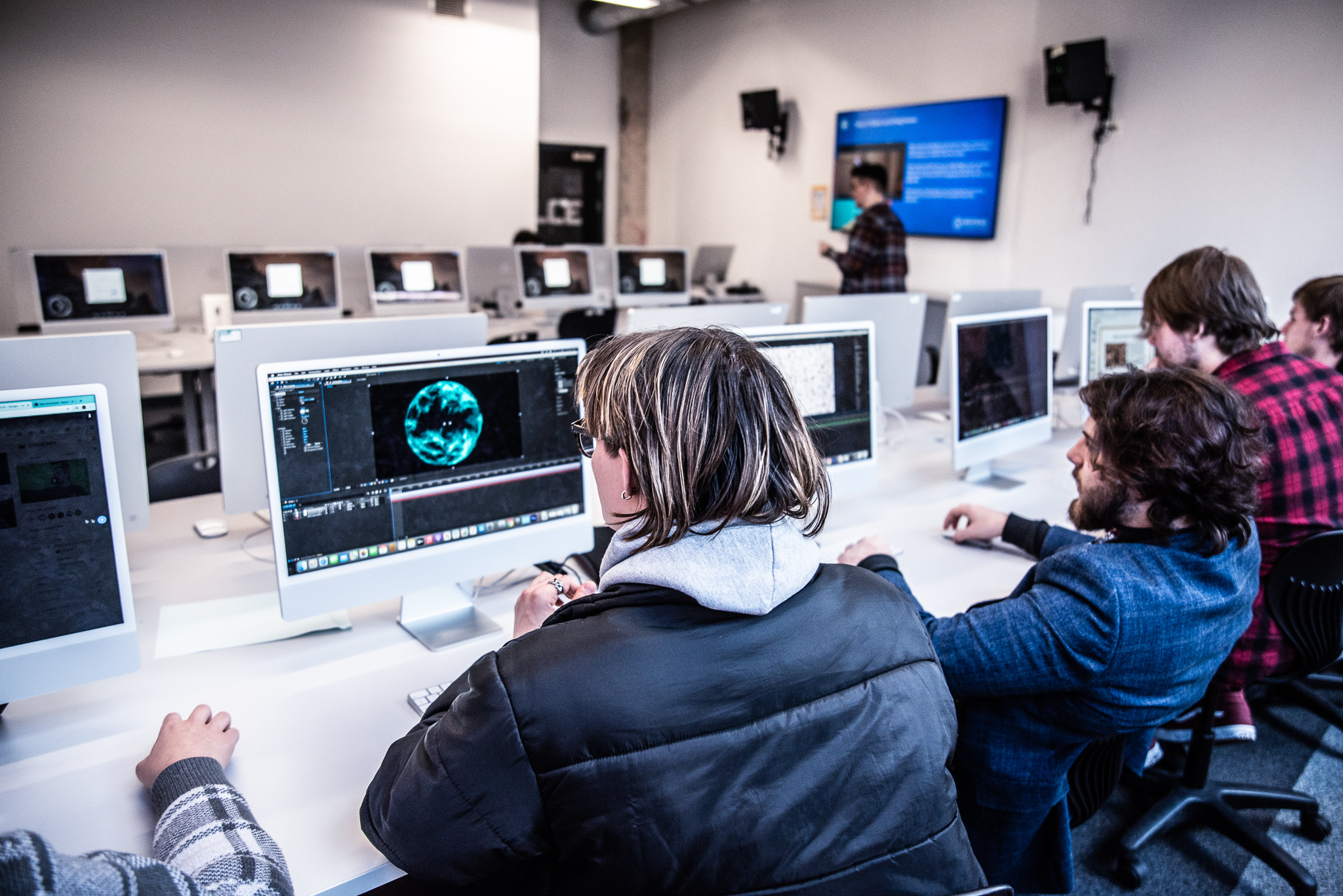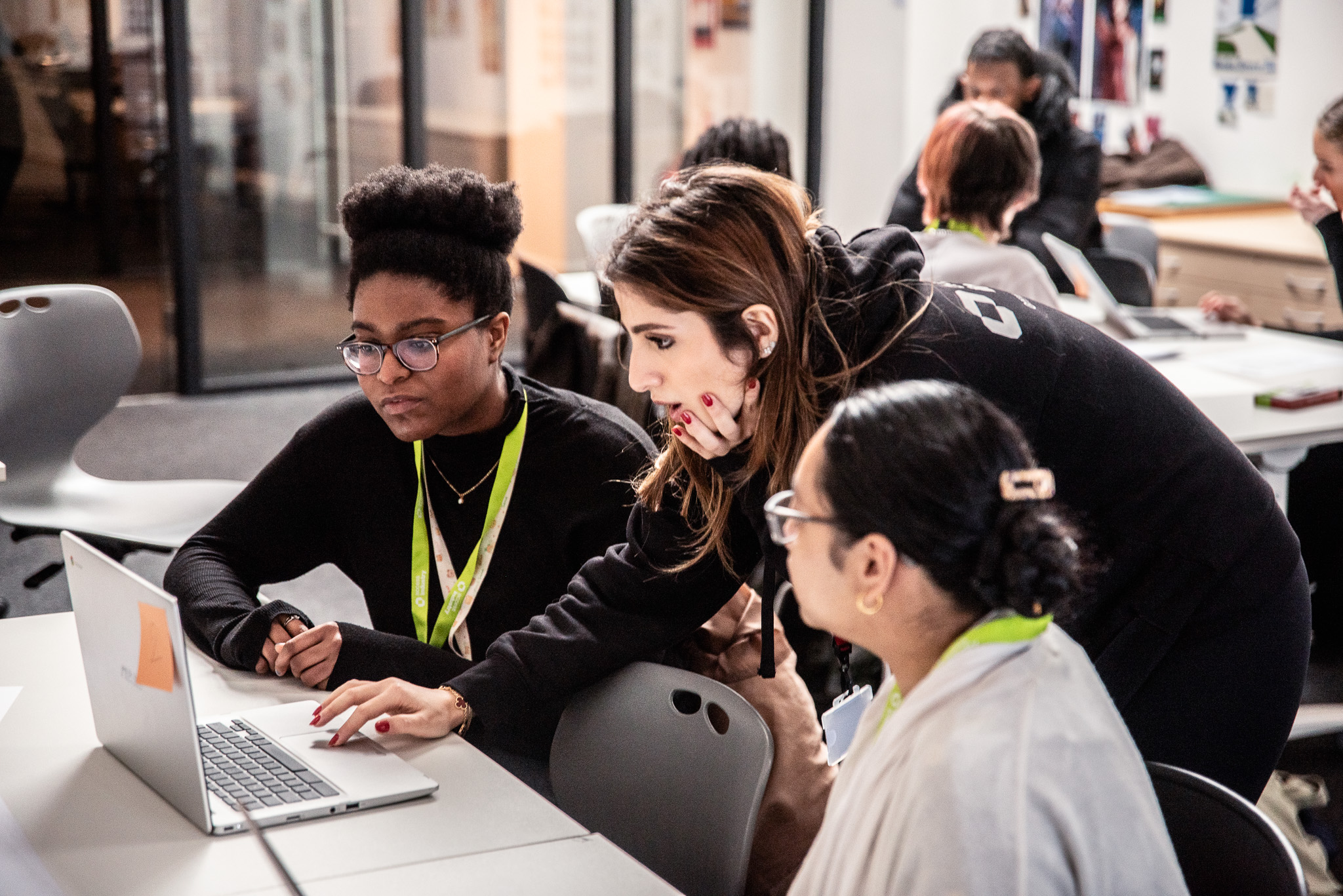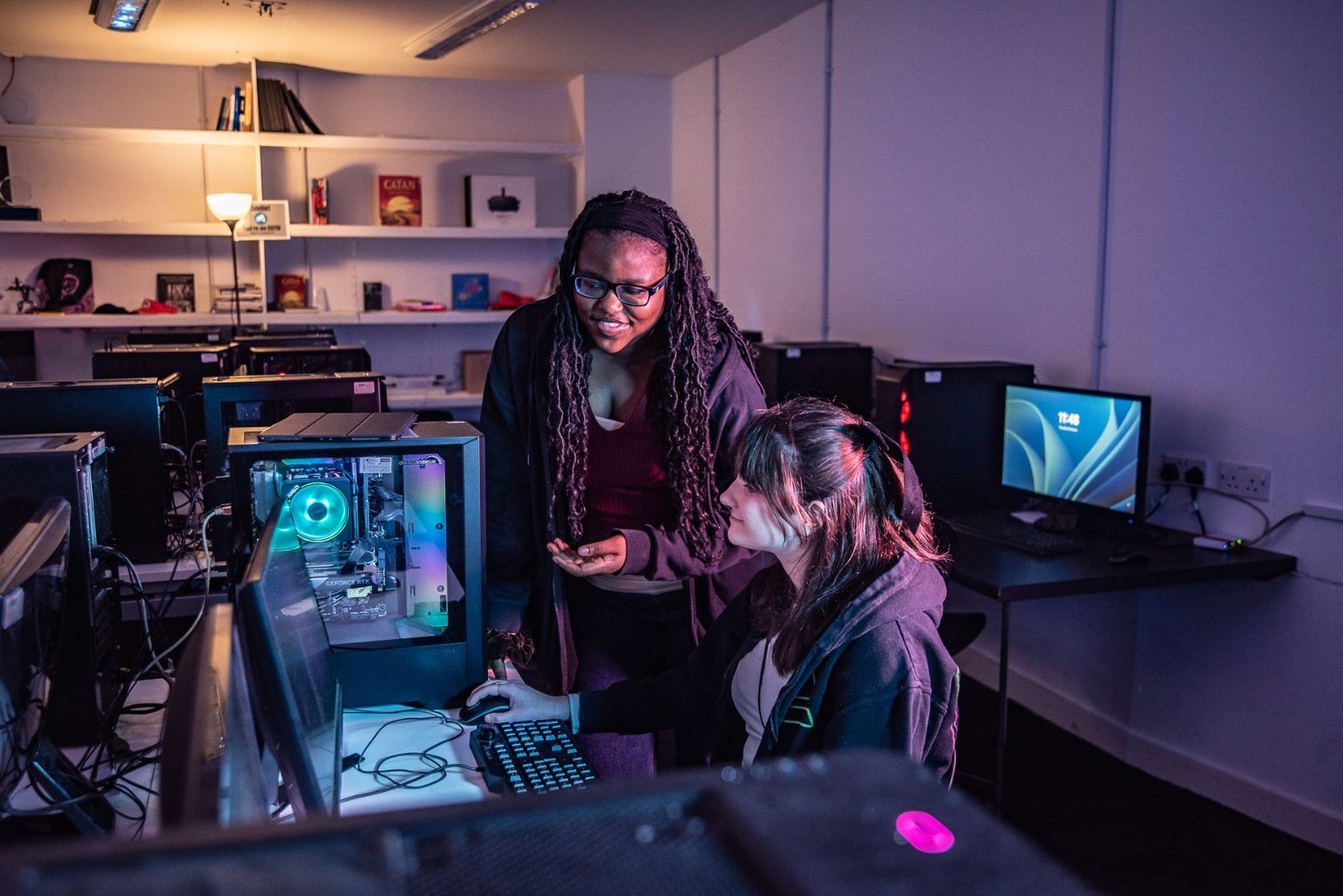This article guides school leavers and their parents through 5 further education pathways that deviate from the A Level system.
In recent times, A Levels have often been regarded as the default path to a successful career. They are clearly valuable, but they’re not the only route to a fulfilling future.
A growing number of school leavers are exploring alternative courses to achieve their academic and career goals. This trend is emerging as more students and parents become aware of the benefits of vocational education.
“Arts, media and publishing vocational qualifications are up by 18.8% compared to the previous year for completed courses.” – gov.uk, 2023 quarterly report
A quick definition of vocational qualifications

Unlike academic courses, vocational qualifications focus on equipping students with the skills needed for specific trades and careers.
Such practical learning is often highly valued by employers because it creates expertise for the job at hand, often leading to quicker professional adaptability and a smooth transition to the workplace.
Vocational courses create a stronger link between education and industry, which can significantly heighten employability.
Here are 5 alternative vocational further education routes.
1) Level 2 qualifications: career-relevant skills

Level 2 qualifications are the starting point for many vocational careers.
These courses are usually studied over one year full-time and cover a range of sector-specific skills and knowledge, such as computing, marketing, music technology, esports or performance.
One of the most significant advantages of starting with a Level 2 qualification is the early exposure to the working world. By learning on the ground in real-world work environments, students quickly build the practical skills and confidence that many traditional courses cannot offer at this stage. Completing a Level 2 qualification sets a solid foundation for further study or immediate entry into the job market, giving a head start in one’s chosen field.
Level 2 courses also act as a bridge to higher levels of study. Students who complete these entry-level courses and wish to continue their education can easily progress onto Level 3 courses — many of which are respected by universities and employers alike.
2) Level 3 college courses: specialist knowledge and expertise

Level 3 diplomas are roughly equivalent to A Levels and provide extensive training in a specific industry or profession. These qualifications offer deeper specialisation, preparing students for more advanced job roles and higher-level apprenticeships.
Qualifications like the Level 3 RSL extended diplomas that we offer here at Access Creative College can be more than an academic pursuit, they can pave the way for immediately employable skills.
Given the practical aspect of these courses, students often enjoy a smoother transition into the workforce or further academic study at universities or dedicated vocational institutions.
3) Apprenticeship courses: work-based training, with a salary

Apprenticeships blend practical training on-the-job with study, combining the best of both worlds for those who prefer a hands-on approach. These paid positions provide students with an income, industry-specific skills, and nationally recognised qualifications, such as an RSL, NVQ or a BTEC.
The allure of apprenticeships lies in the experience gained in real working environments and the lack of tuition fees — a financially attractive option when compared to a standard “A Level to University” pathway.
This method of learning also generates strong employment prospects, with many apprentices securing full-time roles upon completion of their programme. The Government’s apprenticeship guide for parents emphasises the qualities and benefits of an apprenticeship, as they are tailored to match the standards of skilled professions. There are also degree-level apprenticeships for those aiming for higher education and advanced practice in their field.
4) T Level courses: the next generation of vocational study

T Levels are a relatively new two-year course that sits alongside apprenticeships and A Levels. These technical courses offer students classroom learning and ‘on-the-job’ experience through industry placements, allowing them to acquire real-world skills within their chosen careers. T Levels combine specialisation in a field with broader academic study, providing an advanced level of training. Designed with employer input, T Levels ensure that students are fully prepared for the demands of the workplace.
The innovative structure of T Levels seeks to address perceived shortcomings in vocational education and has received praise for its ambitious yet practical approach.
At Access Creative we provide a Software Development T Level course, which is available to apply to.
5) BTECs: a valuable pathway to success

BTEC qualifications have been popular amongst school leavers and have earned widespread recognition by employers and universities. They come in different sizes and levels, covering a broad range of career sectors. Students can pursue a BTEC over two years.
The adaptability and variety of BTECs cater to different learning styles and career aspirations. BTEC courses offer a blend of academic study and practical application, resulting in well-rounded, skilled individuals ready for the world of work.
For those considering the next steps after school, exploring BTEC options can provide access to opportunities, whether that’s direct entry into employment or a stepping stone towards a higher-level qualification.
Charting your course beyond A Levels

While A Levels remain an obvious choice for many, it’s clear that vocational qualifications and alternative pathways can provide just as much, if not more, value in the long run. Each of these alternative pathways offers something distinct and suits various learning styles and career goals.
By familiarising yourself with these five options and considering your personal and professional aspirations, you can chart a course that is uniquely tailored to your interests and strengths. Education is a pathway to opportunity, and today’s school leavers have the privilege of choosing from a range of options, each leading to a bright and successful future.
If you’re ready to explore these alternatives further, we encourage you to explore the options provided by further education colleges, such as those here at Access Creative College.
We offer Level 2, Level 3, a T Level and apprenticeships, covering most alternative routes.






